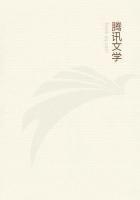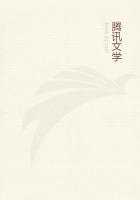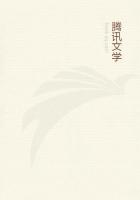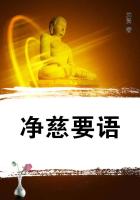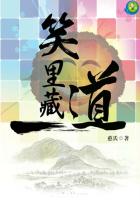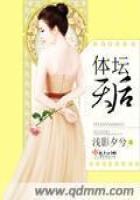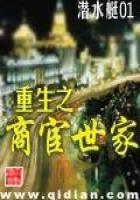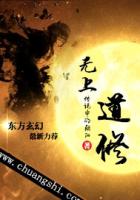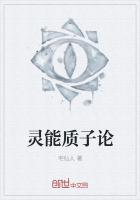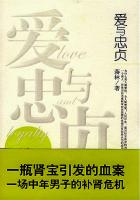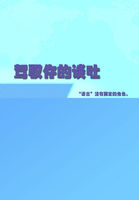He was opposed by Lanfranc. But the doctrine of transubstantiation was too deeply grounded in the faith of Christendom to be easily shaken. Controversies seemed to centre around the doctrine of the real existence of ideas,-- what are called "universals,"--which doctrine was generally accepted. The monks, in this matter, followed Saint Augustine, who was a realist, as were also the orthodox leaders of the Church generally from his time to that of Saint Bernard. It was a sequence of the belief in the doctrine of the Trinity.
No one of mark opposed the Realism which had now become one of the accepted philosophical opinions of the age, until Roscelin, in the latter part of the eleventh century, denied that universals have a real existence. It was Plato's doctrine that universals have an independent existence apart from individual objects, and that they exist before the latter (universalia ANTE rem,--the thought BEFOREthe thing); while Aristotle maintained that universals, though possessing a real existence, exist only in individual objects (universalia IN re,--the thought IN the thing). Nominalism is the doctrine that individuals only have real existence (universalia POST rem,--the thought AFTER the thing).
It is not probable that this profound question about universals would have excited much interest among the intellectual monks of the eleventh century, had it not been applied to theological subjects, in which chiefly they were absorbed. Now Roscelin advanced the doctrine, that, if the three persons in the Trinity were one thing, it would follow that the Father and the Holy Ghost must have entered into the flesh together with the Son; and as he believed that only individuals exist in reality, it would follow that the three persons of the Godhead are three substances, in fact three Gods. Thus Nominalism logically led to an assault on the received doctrine of the Trinity--the central point in the theology of the Church. This was heresy. The foundations of Christian belief were attacked, and no one in that age was strong enough to come to the rescue but Anselm, then Abbot of Bec.
His great service to the cause of Christian theology, and therefore to the Church universal, was his exposition of the logical results of the Nominalism of Roscelin,--to whom universals, or ideas, were merely creations of the mind, or conventional phrases, having no real existence. Hence such things as love, friendship, beauty, justice, were only conceptions. Plato and Augustine maintained that they are eternal verities, not to be explained by definitions, appealing to consciousness, in the firm belief in which the soul sustains itself; that there can be no certain knowledge without a recognition of these; that from these only sound deductions of moral truth can be drawn; that without a firm belief in these eternal certitudes there can be no repose and no lofty faith.
These ideas are independent of us. They do not vary with our changing sensations; they have nothing to do with sensation. They are not creations of the brain; they inherently exist, from all eternity. The substance of these ideas is God; without these we could not conceive of God. Augustine especially, in the true spirit of Platonism, abhorred doctrines which made the existence of God depend upon our own abstractions. To him there was a reality in love, in friendship, in justice, in beauty; and he repelled scepticism as to their eternal existence, as life repels death.
Roscelin took away the platform from whose lofty heights Socrates and Plato would survey the universe. He attacked the citadel in which Augustine intrenched himself amid the desolations of a dissolving world; he laid the axe at the root of the tree which sheltered all those who would fly from uncertainty and despair.
But if these ideas were not true, what was true; on what were the hopes of the world to be based; where was consolation for the miseries of life to be found? "There are many goods," says Anselm, "which we desire,--some for utility, and others for beauty; but all these goods are relative,--more or less good,--and imply something absolutely good. This absolute good--the summum bonum--is God. In like manner all that is great and high are only relatively great and high; and hence there must be something absolutely great and high, and this is God. There must exist at least one being than which no other is higher; hence there must be but one such being,--and this is God."
It was thus that Anselm brought philosophy to the support of theology. He would combat the philosophical reasonings of Roscelin with still keener dialectics. He would conquer him on his own ground and with his own weapons.
Let it not be supposed that this controversy about universals was a mere dialectical tournament, with no grand results. It goes down to the root of almost every great subject in philosophy and religion. The denial of universal ideas is rationalism and materialism in philosophy, as it is Pelagianism and Arminianism in theology. The Nominalism of Roscelin reappeared in the rationalism of Abelard; and, carried out to its severe logical sequences, is the refusal to accept any doctrine which cannot be proved by reason. Hence nothing is to be accepted which is beyond the province of reason to explain; and hence nothing is to be received by faith alone. Christianity, in the hands of fearless and logical nominalists, would melt away,--that is, what is peculiar in its mysterious dogmas. Its mysterious dogmas were the anchors of belief in ages of faith. It was these which animated the existence of such men as Augustine, Bernard, Anselm, and Thomas Aquinas.
Hence their terrible antagonism even to philosophical doctrines which conflicted with the orthodox belief, on which, as they thought, the salvation of mankind rested.
But Anselm did not rest with combating the Nominalism of Roscelin.

